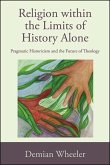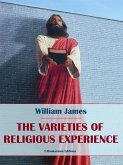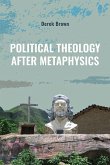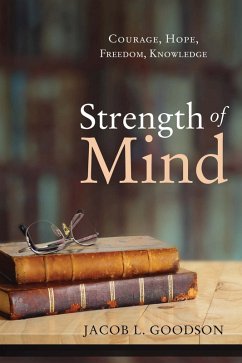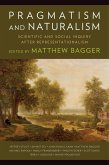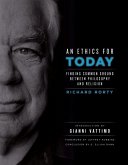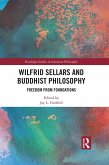In God the Created, Benjamin Chicka develops a method of inquiry and program for theology that he labels "pragmatic constructive realism." While influenced most heavily by American pragmatism, especially that of Charles S. Peirce, Chicka's method draws upon a variety of sources, ranging from Plato to Karl Popper, Paul Tillich, and the field of biosemiotics. Chicka presents pragmatic constructive realism as a means of moving past binary debates between realism and antirealism in both philosophy and theology, and its fruitfulness is displayed by examining the philosophical theologies of John Cobb and Robert Cummings Neville. The result of that engagement is a novel hypothesis about God that embraces legitimate criticisms of both process theology (Cobb) and ground-of-being theology (Neville) while integrating insights from both ways of thinking. God's transcendence and immanence, indeterminacy and determinacy are fully affirmed. The entire argument serves as an example of why a fallible and pluralistic form of theology, one that embraces and learns from difference instead of trying to eliminate it, is important for the future of theology.
Dieser Download kann aus rechtlichen Gründen nur mit Rechnungsadresse in A, D ausgeliefert werden.



